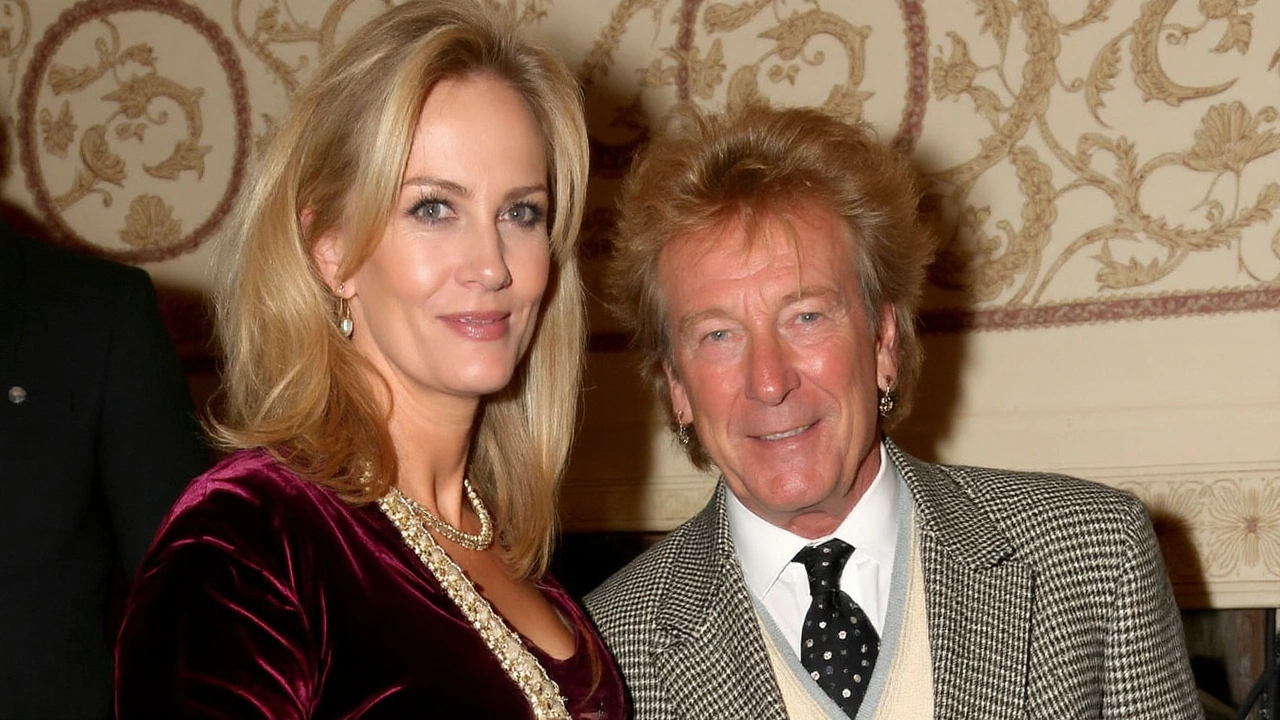Menopause Basics: What Every Woman Should Know
Going through menopause can feel like stepping into unknown territory. Hot flashes, mood swings, and sleep troubles show up out of nowhere, and you might wonder what’s normal and what isn’t. The good news is that most changes are predictable, and there are practical ways to soften the impact.
What Happens During Menopause?
Menopause marks the end of monthly periods and the drop of estrogen production. It usually starts between ages 45 and 55, but genetics, health, and lifestyle can shift that window. Common signs include sudden heat bursts, night sweats, vaginal dryness, and a dip in energy. Even though the body is shutting down its reproductive mode, it’s still capable of staying strong with the right care.
Everyday Tips for Relief
Small habits can make a big difference. Dress in layers so you can peel off when a hot flash hits. Keep a portable fan or a cold water bottle handy for instant cooling. Cutting caffeine and alcohol often reduces night sweats, while staying hydrated helps regulate temperature.
Exercise isn’t just for weight control; it also eases mood swings and improves sleep. Aim for 30 minutes of brisk walking, swimming, or cycling most days. Strength training two times a week keeps bone density up, which is crucial because estrogen loss can speed up osteoporosis.
Nutrition plays a subtle but powerful role. Load up on calcium‑rich foods like dairy, leafy greens, and fortified plant milks. Vitamin D from sunlight or supplements helps the body absorb calcium. A diet rich in whole grains, fruits, and lean protein supports steady blood sugar, which can lessen irritability.
If symptoms get overwhelming, talk to a GP about hormone replacement therapy (HRT). HRT can smooth out the estrogen dip, but it isn’t right for everyone. Your doctor will weigh benefits against risks based on personal health history.
Non‑hormonal options work too. Herbal remedies such as black cohosh or phytoestrogen‑rich soy can provide modest relief for some women. Mind‑body practices—yoga, meditation, or deep‑breathing exercises—calm the nervous system and often reduce the frequency of hot flashes.
Regular health checks become more important after menopause. Bone density scans, cholesterol panels, and blood pressure monitoring catch issues early. Staying on top of these tests lets you adjust lifestyle or medication before problems grow.
Remember, menopause is a phase, not a diagnosis. Your body is simply shifting gears, and with a mix of simple lifestyle tweaks, professional advice, and a supportive community, you can sail through it feeling steady and in control.

- Sep 24, 2025
- Finnegan Westbrook
- 0 Comments
Penny Lancaster’s Menopause Breakdown During Lockdown
TV personality Penny Lancaster opened up about a dramatic emotional collapse during the COVID‑19 lockdown, when she threw dinner plates at the kitchen walls and fell to the floor. She first thought she was depressed, but later realized the outburst stemmed from untreated menopause. The story, shared on Loose Women: The Podcast, shines a light on how hormonal shifts can masquerade as other mental health issues, especially in high‑stress home environments.